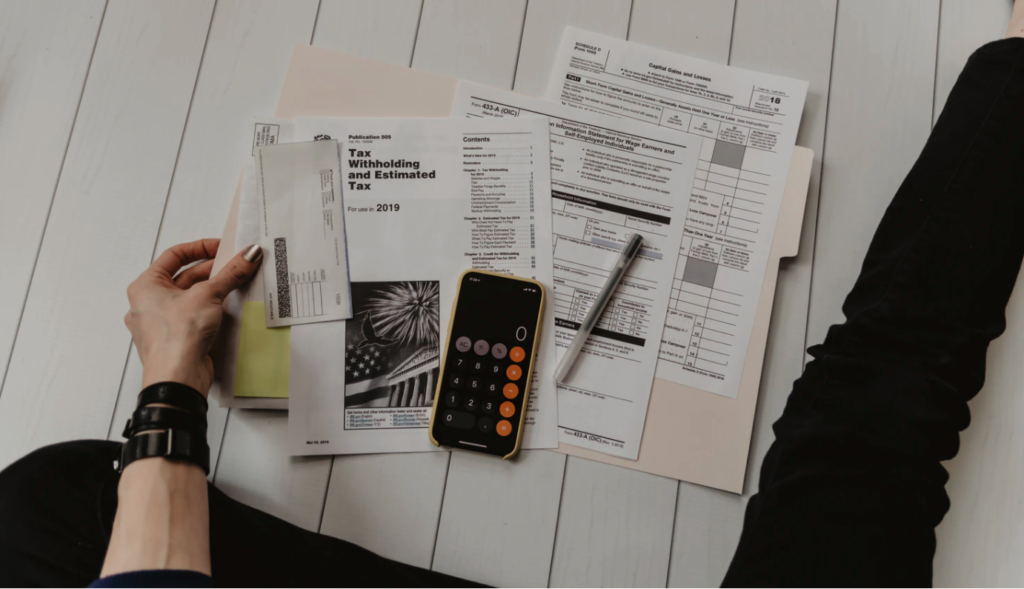4 Safety Measures You Should Have Against Financial Disaster

Financial Disaster
In these uncertain times, it is more important than ever to prepare for a financial disaster. If you do not already have about three to six months of earnings in a savings account, here are some things you can do to handle a financial crisis if one should erupt.
Monthly Savings
Open a bank savings account and start making regular contributions. Set up automatic monthly deposits each month from your paychecks to ensure that the account continues to build.
When you get a job salary raise, a bonus, or an income tax refund, put it in the savings account to increase your available funds if needed.
Over time, the account balance will increase to provide help if and when you need it for an unexpected disaster.
Emergency Fund
In addition to a regular savings account, consider establishing an emergency fund. This account might have a lower balance that could be used on a short-term basis for an emergency.
A pricey car repair, a new furnace, or a health-related co-pay could be paid from this account rather than taking from the monthly budget or your regular, long-term savings account.
While your saving account might be tied up with a slightly higher interest rate and a possible penalty withdrawal, the emergency fund should be readily accessible as needed without delays or interest penalties.
Good Credit Rating
Pay your bills on time and avoid getting overextended on credit card debt.
Building your credit rating and credit score that will help to make you eligible for a personal loan if needed.
An emergency need might have to be met through a short-term personal loan if no other funding sources are available.
You can get lower interest rates and better loan terms with a strong credit score due to solid financial standing.
Investments
You may want to start investing small amounts each month in programs like ACORN, which lets you contribute very small sums that build over time and earn dividends.
Regular stock holdings can also earn dividends that might come in handy in an emergency.
Your home’s equity value based on the real estate market’s valuation might let you take out a Home Equity Line of Credit, or HELOC, at a low-interest rate to cover emergency expenses. Discuss this option with your bank.
Everyone should have a savings account for a financial disaster that can pop up anytime. As your account builds, you may be able to use options like these to get you through the financial storm for now.
Category: Family Finances




